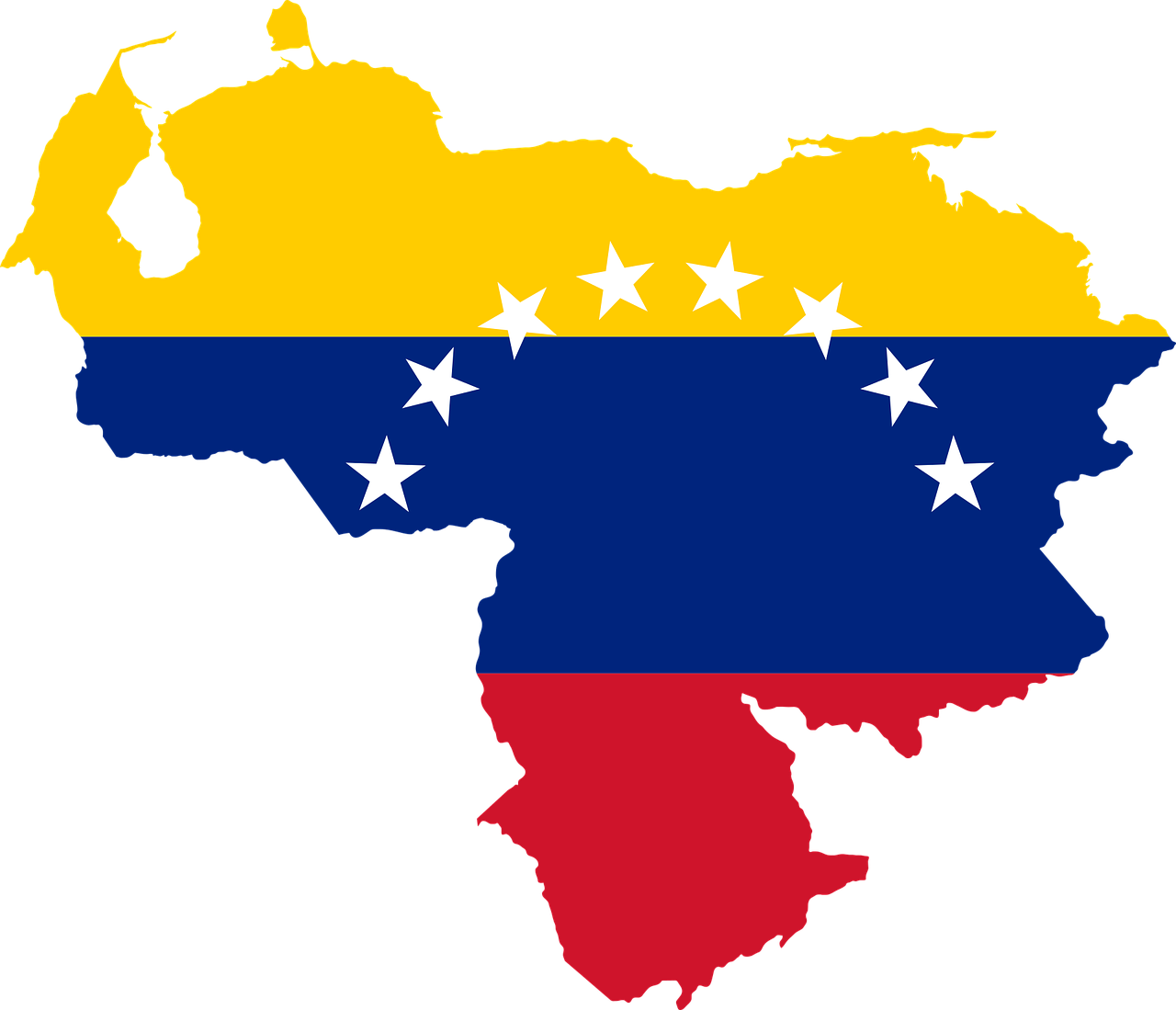In this blog post, we cover the release of the November Visa Bulletin 2022 and what you can expect for employment based and family preference categories during the upcoming month of November.
The Department of State releases the visa bulletin on a monthly basis, which summarizes the availability of immigrant visa numbers for that particular month. The “Final Action Dates” and “Dates for Filing Applications,” charts indicate when immigrant visa applicants should be notified to assemble and submit the required documentation to the National Visa Center.
Adjustment of Status Filing Chart November 2022
For Family-Sponsored Filings:
Pursuant to guidance released by USCIS, for all family-sponsored preference categories, applicants must use the Dates for Filing chart in the Department of State Visa Bulletin for November 2022.
For Employment-Based Preference Filings:
All applicants, falling under employment-based preference categories, must use the Dates for Filing chart in the Department of State Visa Bulletin for November 2022.
November 2022 Visa Bulletin Dates for Filing Cutoff Dates
Employment-Based Categories
DATES FOR FILING FOR EMPLOYMENT-BASED PREFERENCE CASES
According to the Department of State’s November 2022 Visa Bulletin, the following Dates for Filing cutoff dates will apply for the issuance of an immigrant visa for employment-based categories:
- EB-1: All countries, including India and China, will remain current.
- EB-2: EB-2 China will remain at July 8, 2019 and EB-2 India at May 1, 2012. All other countries will remain current.
- EB-3 Professionals and Skilled Workers: EB-3 India will remain at July 1, 2012, and EB-3 China will remain at July 15, 2018. All other countries will remain current.
- EB–3 Other Workers: EB-3 China will remain at November 1, 2015, and EB-3 India will remain at July 1, 2012. A Date for Filing cut-off date of September 8, 2022, applies to all other countries.
- EB-4: EB-4 El Salvador, Guatemala, and Honduras will remain at April 15, 2018, and EB-4 Mexico at October 15, 2020. All other countries remain current
- EB-5: For the EB-5 Unreserved categories (C5, T5, I5, and R5), the Date for Filing for China will remain at January 1, 2016, India will have a Date for Filing cut-off imposed of December 8, 2019, and all other countries will remain current. For the EB-5 “Set-Aside” categories (Rural, High Unemployment, and Infrastructure), the Date for Filing will remain current for all countries.
 Visa Lawyer Blog
Visa Lawyer Blog











